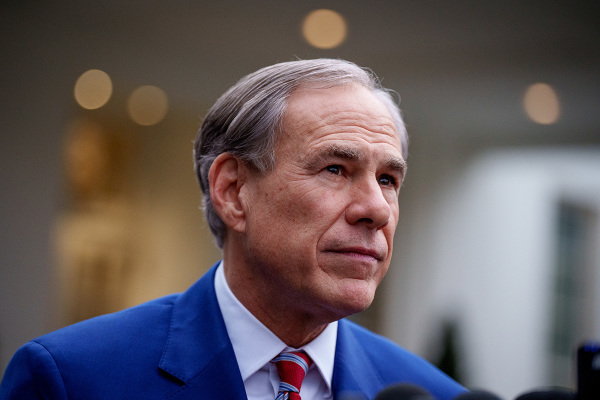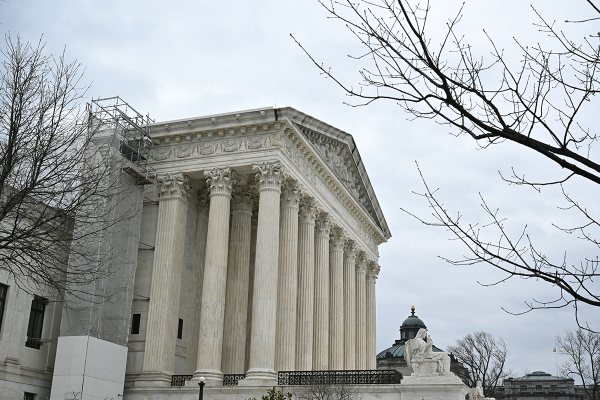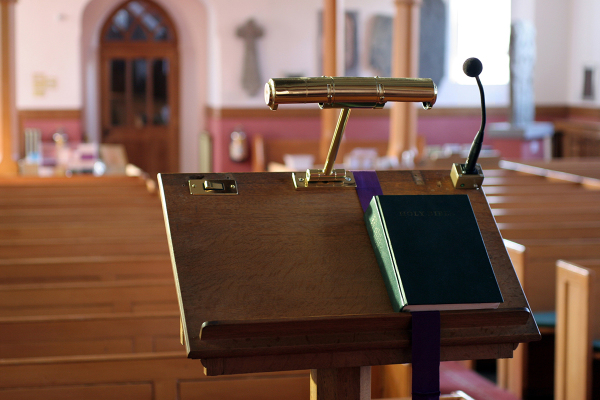Germany Allows Third Gender, 'Intermediate Sex,' Babies Option for Parents
Germany has become the first European nation to allow parents to effectively choose an "intermediate sex" gender for newborn babies displaying characteristics of both males and females, in an effort to improve "acceptance and equality."
"Many people who were subjected to a 'normalizing' operation in their childhood have later felt it to have been a mutilation and would never have agreed to it as adults," read a 2012 report by the German Ethics Council, on which the law is based on, as reported by DW.DE.
With the new law in effect in November, parents will not be forced to pick between male and female identifications or make quick decisions about sex assignment surgery for the newborns.
As many as 2,000 people are born with a mixture of male and female chromosomes or genitalia, BBC News reported. Parents in Germany are often quick to decide on a gender so that the baby can be registered with authorities, which is a problem the new law is supposed to address.
"Sometimes surgery is done on the baby to turn its physical characteristics as far as possible in one direction or the other," BBC's Steve Evans in Berlin said.
People who identify as "intersex" have also protested against being forced to identify as one specific gender – one anonymous person with no clear gender-defining genitalia who was subjected to surgery at an earlier age described himself as a "patchwork created by doctors, bruised and scarred."
It remains unclear, however, what kind of impact this might have on the current marriage and partnership laws in Germany, with marriage reserved as a union between a man and a woman, and same-sex couples allowed to apply for civil partnership.
A spokesman for the German Interior Ministry warned, however, that the new law "is not adequate to fully resolve the complex problems of intersex people."
Some intersex advocate groups have also pointed out that children with a "third" gender might face discrimination in schools.
"Schools have toilets for boys and toilets for girls. Where will the intermediate child go?" said Silvan Agius, policy director at ILGA Europe, a lesbian, gay, bisexual, trans- and intersex rights group.
Agius added that participating in sports might also be a problem, as schools often offer separate activities for girls and boys.
"[This law] does not immediately create a space for intersex people to be themselves," the policy director said.
Earlier this year Australia become the first country in the world to offer federal protection for intersex people, allowing all individuals, not just newborns, to be identified as intersex on their personal documents.






















